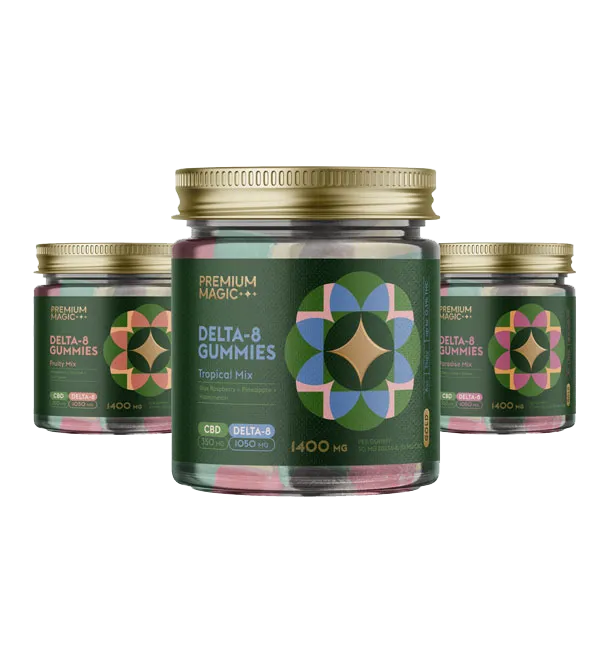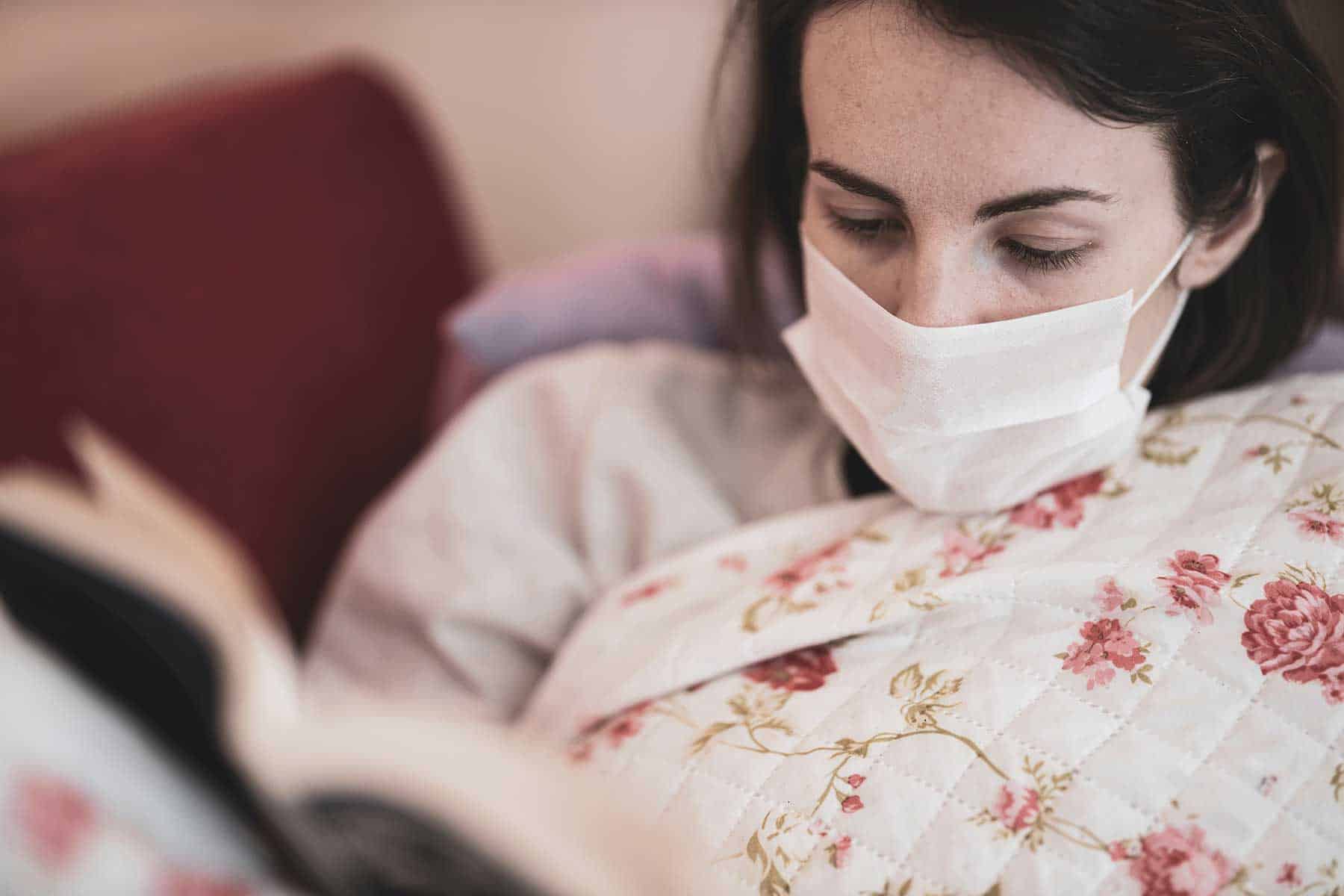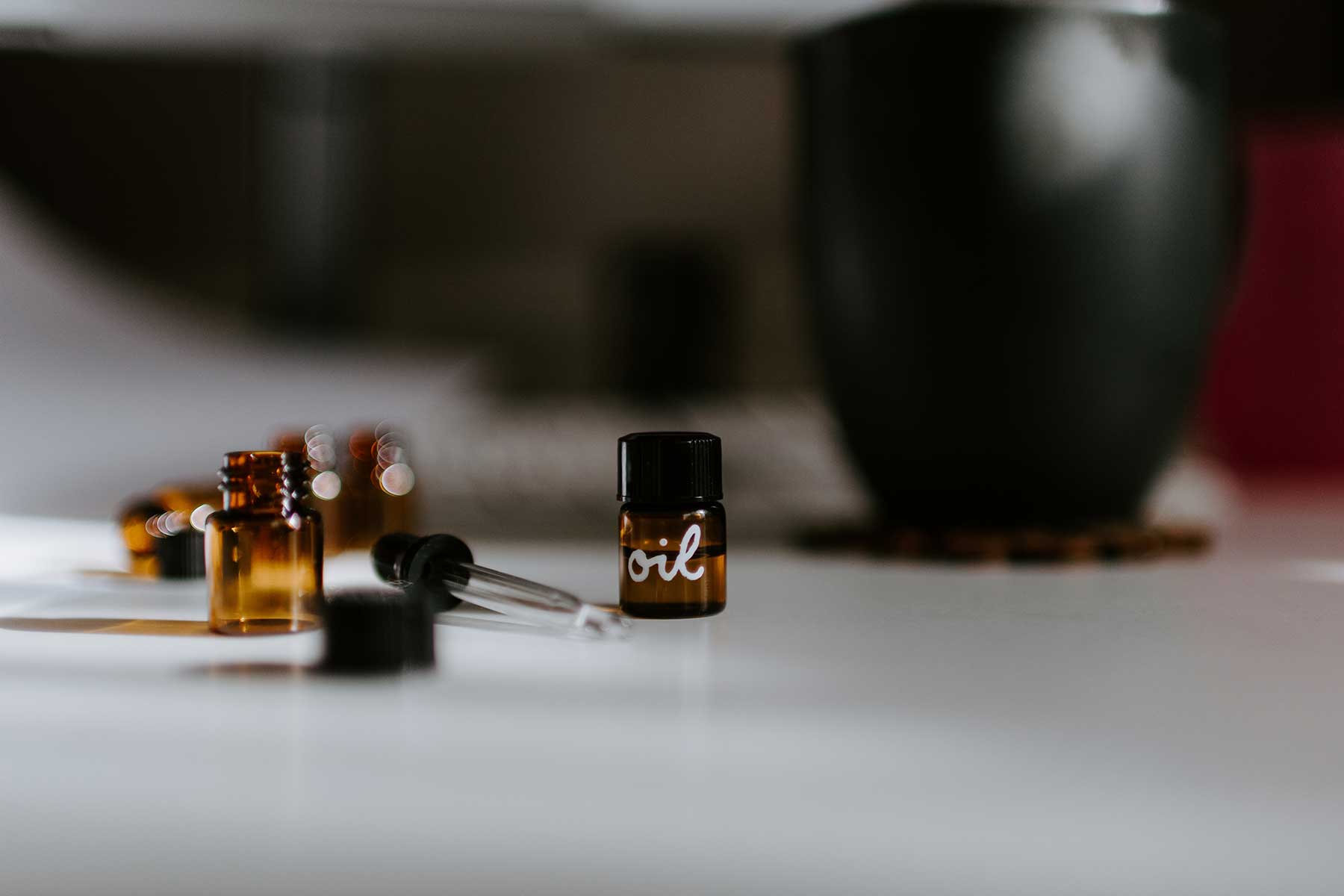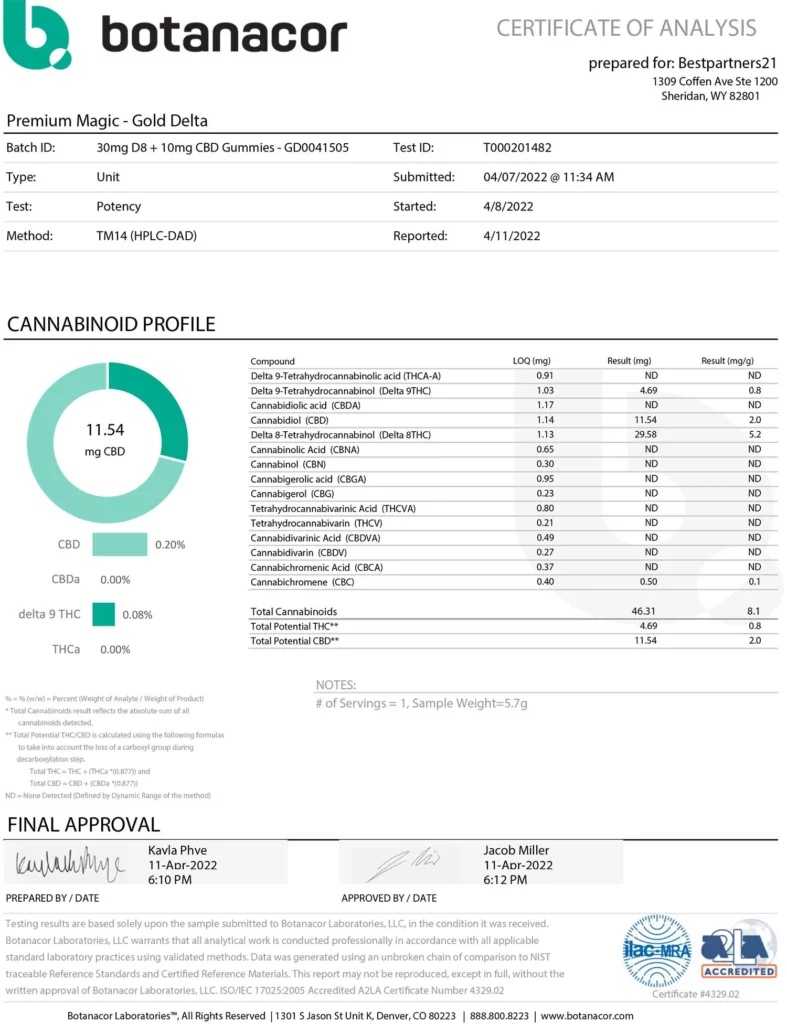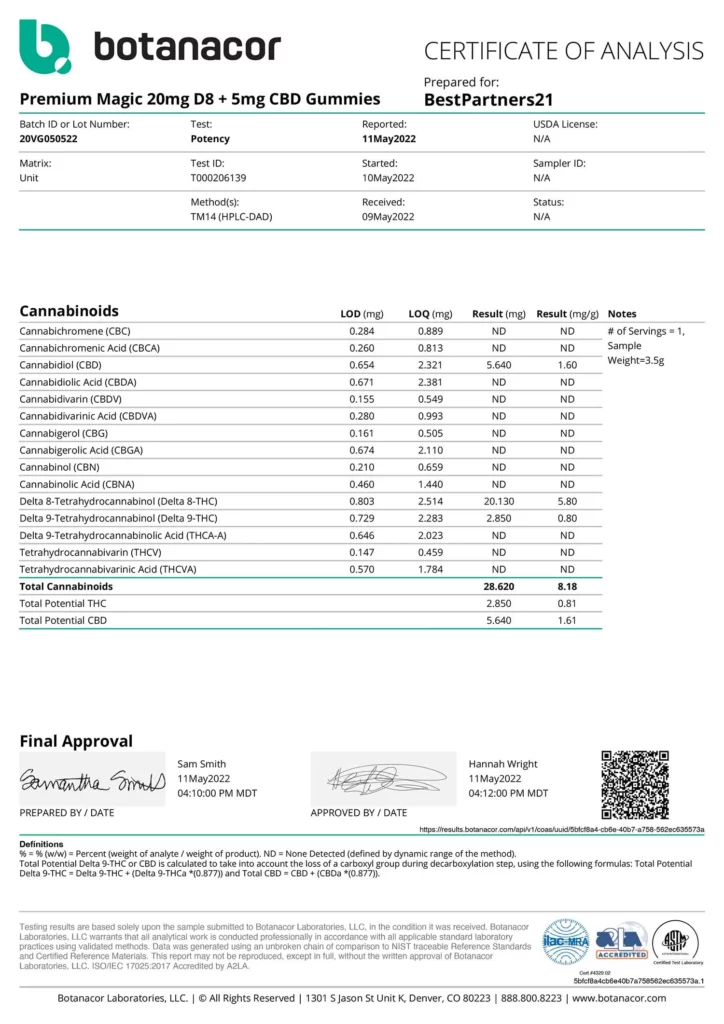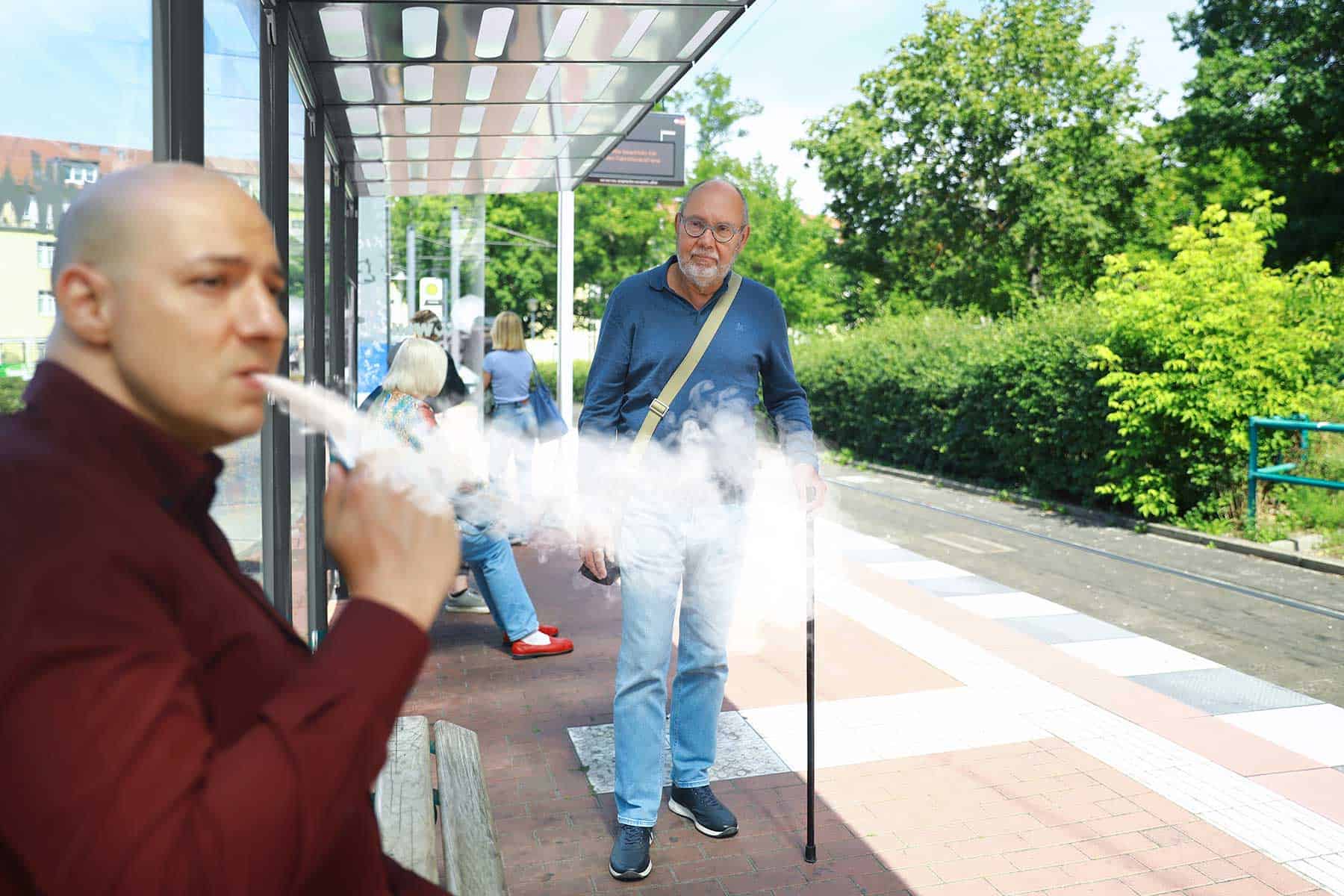
Is Breathing Someone Else’s Weed Smoke Bad?

Have you ever found yourself in a room filled with weed smoke, wondering if it’s bad for your health? You’re not alone. Many people are concerned about the effects of breathing in someone else’s weed smoke, especially when it happens regularly. In simple terms, weed smoke comes from smoking marijuana, a common drug used for both recreational and medicinal purposes.
When someone smokes weed nearby, the smoke released into the air carries a mix of chemicals and particles. Just like cigarette smoke, this can be breathed in by anyone close by, even if they’re not the one smoking.
But what happens when you breathe in weed smoke that’s not yours?
What is Secondhand Weed Smoke?
Secondhand weed smoke is what you breathe in when someone near you is smoking marijuana. Just like cigarette smoke, it fills the air with a mix of chemicals, and if you’re close enough, you end up breathing it in, even if you’re not the one smoking.
It’s not just the smell of weed that you’re noticing; it’s a whole cocktail of substances going into your lungs. This smoke can hang around in the air, stick to clothes, and even settle on furniture, just like any other kind of smoke.
Comparing With Secondhand Tobacco Smoke
You might already know that secondhand tobacco smoke is bad for your health. Well, secondhand weed smoke is similar in many ways. Both kinds of smoke have harmful chemicals that can affect your lungs and overall health. However, there hasn’t been as much research on weed smoke as there has been on tobacco smoke. This means there’s still a lot we need to learn about how breathing in secondhand weed smoke can affect your body over time.
Common Situations with Secondhand Weed Smoke
There are a few situations where you might find yourself breathing in someone else’s weed smoke. Parties, concerts, or just being in the same house as someone who smokes weed regularly can expose you to secondhand smoke. Even if you’re not interested in smoking yourself, it’s pretty hard to avoid the smoke in these settings.
Understanding what secondhand weed smoke is and where you might come across it is the first step in making choices about your exposure to it. This article will help guide you through what we know about the risks and what you can do to protect yourself.

Delta-8 Gummies – Gold Tropical Mix
Original price was: $82.99.$39.99Current price is: $39.99.
Or Subscribe and Save 30%

Delta-8 Gummies – Gold Paradise Mix
Original price was: $82.99.$38.99Current price is: $38.99.
Or Subscribe and Save 30%
Potential Health Risks
When you breathe in secondhand weed smoke, you’re exposing yourself to a variety of chemicals, some of which can be harmful to your health. Understanding these potential risks is crucial, especially for non-smokers, children, pregnant women, and people with respiratory issues.
Chemicals in Weed Smoke
Weed smoke contains many of the same harmful substances found in tobacco smoke. These include tar, carbon monoxide, and other toxins. Even if weed smoke is inhaled indirectly, these chemicals can still make their way into your lungs and affect your health.
Tar in the smoke can settle in your respiratory system, leading to problems over time. Carbon monoxide, on the other hand, affects how well your blood can carry oxygen to your cells. The smoke also contains a mix of volatile organic compounds and fine particles that can go deep into your lungs and even enter your bloodstream.
Effects on Non-Smokers
If you don’t smoke weed yourself, but you’re often around it, these chemicals can still affect your body. Over time, exposure to secondhand weed smoke can cause respiratory issues, even if you’ve never smoked yourself.
Children are particularly at risk. Their bodies are still developing, and exposure to the chemicals in weed smoke can lead to health problems, both immediately and later in life. For pregnant women, breathing in weed smoke can affect the development of the baby, potentially leading to complications or health issues after birth.
People with pre-existing respiratory conditions, like asthma or chronic obstructive pulmonary disease (COPD), might find that secondhand weed smoke triggers their symptoms or makes them worse.
Research and Studies
Research on secondhand weed smoke is still in the early stages, but some studies have already pointed to potential risks. For instance, a study conducted by the University of California, San Francisco, found that secondhand weed smoke could damage blood vessels just as much as cigarette smoke does, even if the exposure is for a shorter period.
Other studies have looked at the effects of secondhand weed smoke on indoor air quality, finding that the levels of fine particles can become comparable to those found in extreme air pollution events, like wildfires.
Legal and Social Considerations
When you think about breathing in someone else’s weed smoke, it’s not just about your health. There are also legal and social aspects to consider. Every place has its own rules about smoking weed, and how people view it can vary a lot from one person to the next.
Laws on Smoking Weed in Public
In many areas, the law is pretty clear about smoking weed in public places. Just like with tobacco, there are rules to protect people from secondhand smoke. You might find that smoking weed is only allowed in private homes or specific designated areas.
However, these laws can be complicated and change from one place to another. In some areas, they might be strictly enforced, while in others, they might be more relaxed. It’s important for you to know the laws in your area, so you understand your rights and can make safe choices.
Social Norms and Etiquette
How people view smoking weed can depend on a lot of things, like their age, where they grew up, and their personal beliefs. In some circles, it’s seen as completely normal, while in others, it might be frowned upon.
There are also unspoken rules about where it’s okay to smoke and how to do it without bothering others. People who smoke weed are generally expected to be mindful of those around them, especially children and pregnant women.
Legal and Social Views on Secondhand Smoke
When it comes to secondhand weed smoke, the legal and social views can be even more complex. While everyone has the right to breathe clean air, enforcing this can be tricky, especially in private spaces.
Socially, people might not take secondhand weed smoke as seriously as tobacco smoke. There’s a common belief that because weed is natural, it’s less harmful. However, as you’ve learned, secondhand weed smoke can still pose health risks.
Navigating these legal and social considerations can be challenging, but it’s an important part of understanding the full picture when it comes to breathing in someone else’s weed smoke. By being aware of the laws, social norms, and how secondhand smoke is viewed, you can better protect yourself and make informed decisions.
Ways to Minimize Exposure
Breathing in secondhand weed smoke is something you might want to avoid, especially after learning about the potential health risks. Luckily, there are steps you can take to minimize your exposure and protect your health.
Tips for Avoiding Secondhand Weed Smoke
- Stay Aware: Pay attention to your surroundings. If you notice someone smoking weed, try to move away or leave the area.
- Speak Up: If you feel comfortable, let the person smoking know that the smoke is bothering you. Sometimes, people aren’t aware of the impact they’re having on others.
- Choose Smoke-Free Zones: Whenever possible, spend your time in places where smoking isn’t allowed. This can help reduce your exposure to secondhand smoke.
Living with a Weed Smoker
Living with someone who smokes weed can be challenging, especially when it comes to minimizing your exposure to secondhand smoke. Here are some recommendations:
- Open Communication: Have an honest conversation with the person about your concerns and the potential health risks associated with secondhand weed smoke.
- Set Boundaries: Establish specific areas in your home where smoking is not allowed, preferably keeping the entire indoor space smoke-free.
- Ventilation: Ensure proper ventilation in your home. Opening windows and using fans can help disperse the smoke, but it’s not a complete solution.
Creating Smoke-Free Environments
Creating a smoke-free environment is beneficial not just for you, but for everyone around you.
- Advocate for Smoke-Free Policies: If your workplace or apartment building doesn’t already have smoke-free policies in place, consider talking to management about the benefits of creating a smoke-free environment.
- Educate Your Community: Share information about the risks of secondhand weed smoke with your friends, family, and community. The more people know, the more likely they are to be mindful of their smoking habits.
Final Thoughts
So, what do you think now about breathing in someone else’s weed smoke? Throughout this article, we’ve gone over the potential health risks, the legal and social aspects, and ways you can minimize your exposure to secondhand weed smoke.
Remember, just like tobacco smoke, weed smoke contains a mix of chemicals that can be harmful to your health. It’s particularly important to be mindful if you’re around children, pregnant women, or people with respiratory issues. They are more vulnerable to the effects of secondhand smoke.
You’ve also learned about the laws in place in some areas to protect people from secondhand smoke and how social norms can influence smoking habits. Plus, we’ve shared practical tips on how to reduce your exposure and create smoke-free environments.
Now, it’s over to you. Armed with this information, you can make informed decisions about your exposure to secondhand weed smoke. Protecting yourself and others is important, and every step you take towards creating a smoke-free environment counts. Encourage smoke-free spaces, and don’t hesitate to speak up about the risks of secondhand weed smoke. Your health and well-being matter.
